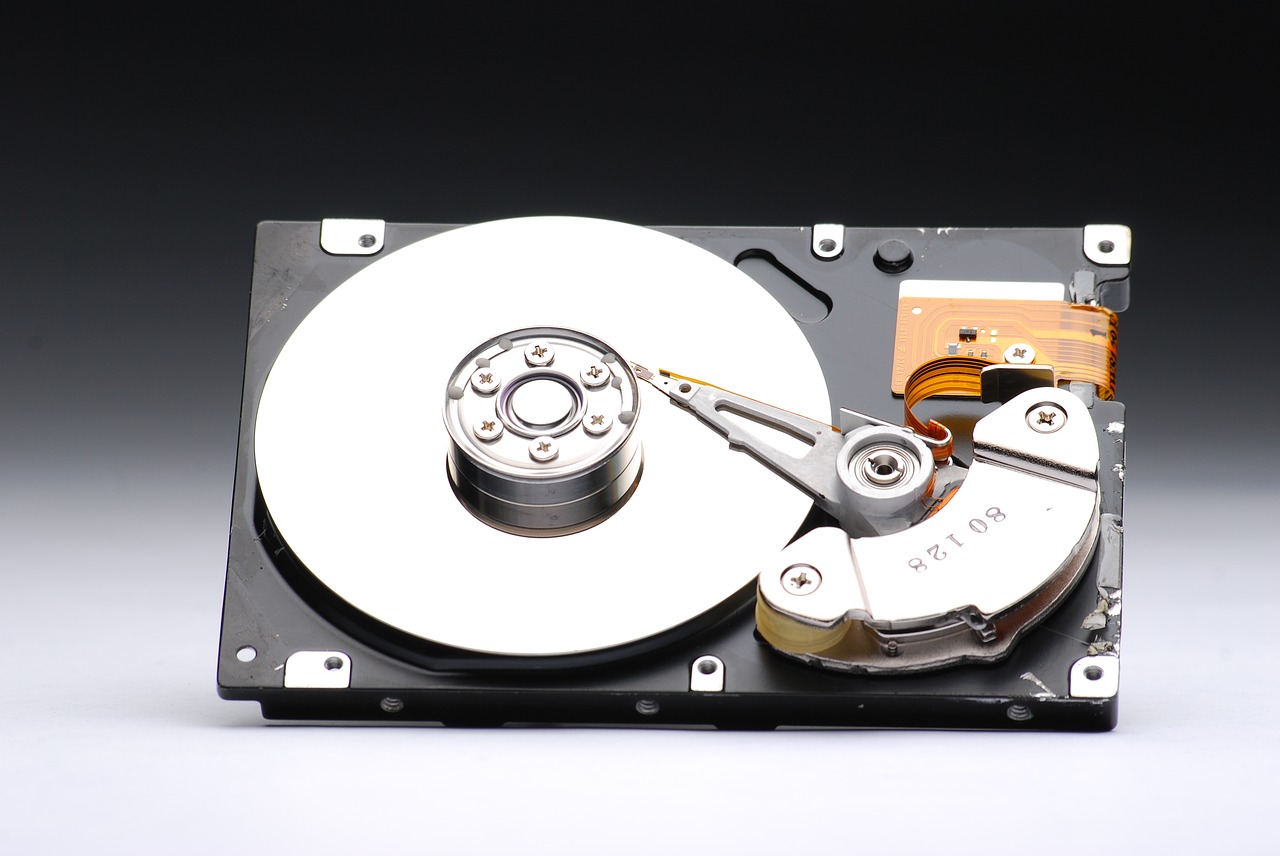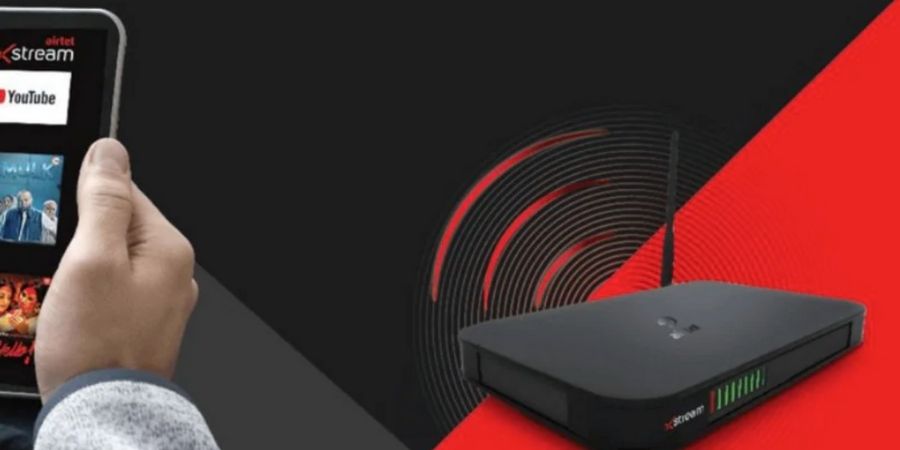If you are buying a laptop or desktop, you must have seen SSD and HDD storage options. Most people just see storage capacity and don’t care about the storage type. A few people who check storage type just know that SSD is faster than HDD. But not many people know what’s the difference and why SSD is better than HDD. In this detailed article, I will explain SSD vs HDD.
Also see: Best External SSDs
SSD Vs HDD
Before I tell you HDD and SSD in detail, have a look at the side by side comparison of SSD and HDD.
Side-By-Side Comparision
| HDD | SSD | |
| Durability | Less durable | More durable |
| Speed | Slower | Faster |
| Noise | No moving parts, no noise | Audible clicks and spinning sound |
| Energy efficiency | Use more energy | Use less energy |
| Heat Produced | Little heat is produced | Produces more heat than an SSD |
| Cost | Cheaper | Expensive |
HDD (Hard Disk Drives)
Hard Disks have been around for more than 50 years but we saw several improvements that improved storage capacity and decreased sizes. The core technology is still the same. There are one or more spinning discs, an actuator arm, and a read/write head for each disc and a motor to spin the disc. The pallets spin at a preset speed that ranges from 4200 rpm to 7200 rpm for consumer computers. The higher the preset speed, the faster will be the read and write. That means a 7200 rpm HDD will offer faster read/write than 4200 rpm HDD. Older hard drives use IDE-ports but modern HDDs use SATA connection.
There are mechanical parts to read and write data. As you know, mechanical parts can fail if not handled properly. There are several moving parts, so anything can go wrong and you could lose your data.
HDD capacities range from 40GB up to 12TB for commercial hard drives. There could be even larger capacities for enterprise use. IN general, we see 1 TB or 2TB HDDs in consumer products.
SSD (Solid State Drives)
SSD is an advance storage that uses flash memory. Floating gate transistors record a charge to store the data. The gates are organized in grids and further, they are organized in blocks. SSD controller manages all the operations. There is no moving part, so SSDs are more durable and use less energy.
SSDs are 30% faster than an HDD are work silently. It also uses less power that means better battery life for laptops. Many SSDs come with SATA III ports, so you can easily replace an already installed HDD. SSDs can also be used over PCIe connection or M.2 port. Recent laptops generally use M.2 SSDs because they are smaller than SATA SSDs. NVMe is the newest SSD technology and is faster. Modern SSDs are really compact and be as small as a postage stamp. That’s why they have helped in making compact laptops.
SSDs are available from 128GB – 4TB capacities but are costly, so people generally prefer 256-512GB SSD storage as primary dive and additional HDD for more storage.
Wrap Up
Now you know that SSDs are faster and compact, but costlier. If you do not want to compromise with performance, you should go with SSD. Gamers are recommended to use high-speed SSD drives for good performance. It improves game load time and even in-game performance. In normal systems, a system with SSD boots in less than 15 seconds while a system with HDD may take up to 45 seconds to boot.
Generally, I recommend a smaller SSD for OS and software along with an HDD of high storage capacity for files.





